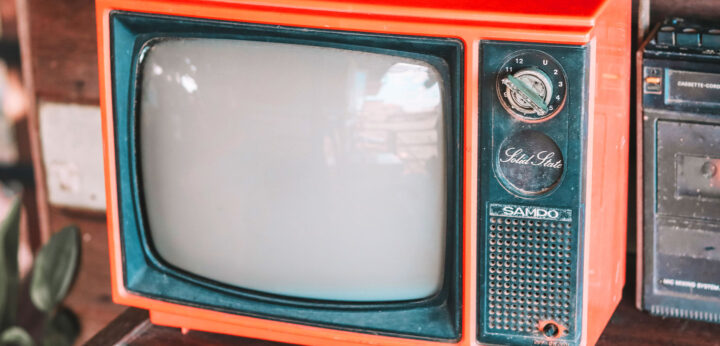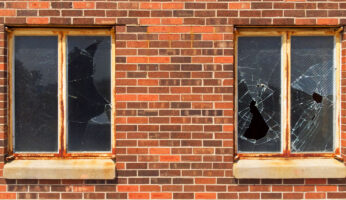Table of Contents
How renters insurance covers broken TVs
Renters insurance covers all your electronics — including your television, your sound system, and portable electronics like your phone or tablet — under your personal property coverage. If any of your items are stolen or damaged by a covered peril, your insurer will reimburse you for them.
However, most renters insurance policies only cover electronics up to a fixed amount, called a sub-limit. Standard policies only cover electronics up to $1,500 – $2,500, with the exact amount varying between providers.
Most insurers allow you to increase this sub-limit by purchasing an addition to your policy called an endorsement or rider. For example, Progressive and Liberty Mutual allow you to purchase up to $10,000 in electronics coverage, and Lemonade allows you to buy up to $6,000. If you have an expensive TV (like a smart TV) or a home theater system, you should probably opt for more than the default amount of coverage.
How much will I be reimbursed for my broken TV?
The amount you’ll be reimbursed for your broken TV depends on what kind of renters insurance policy you have. There are two kinds:
Replacement cost policies reimburse you for the current retail value of damaged items. So if you bought your TV for $1,500 in 2016, your insurance company will pay you enough to buy a brand new model of that TV today. The amount might be a bit less than $1,500 if the TV’s retail price has dropped since you bought the original, but the payout will still be substantial.
On the other hand, actual cash value policies reimburse you for the current value of your property, taking depreciation (e.g. wear and tear) into account. Let’s say your TV was $1,500 when you bought it, but you’d have only gotten $200 if you sold it on eBay before it was damaged. If you file a claim for that TV with an actual cash value policy, your provider will only reimburse you $200.
No matter which kind of insurance you have, your provider will subtract your renters insurance deductible from the amount that they pay out. For example, if they decide your TV was worth $700 and your deductible is $500, they’ll only send you $200.
If the payout is lower than your deductible, which is very possible if you have an actual cash value policy, your provider won’t pay anything at all.
When does renters insurance cover broken TVs?
Renters insurance only reimburses you for property damage when it was caused by a covered peril (an accident listed in your policy). If your TV is broken by something that your policy doesn’t cover, your provider won’t pay for it.
Common covered perils
Luckily, renters insurance covers the most common dangers to your TV:
You can check which perils are included in your personal property coverage on your policy’s declarations page.
When does renters insurance not cover broken TVs?
Not all kinds of damage are covered by renters insurance. Renters insurance doesn’t reimburse property damage caused by:
- Excluded perils
- Your own carelessness or negligence
- Ordinary wear and tear
Excluded perils
Renters insurance excludes several major perils. Notably, renters insurance doesn’t cover earthquakes or floods. If your TV is destroyed by a flood and you haven’t purchased additional flood coverage with an endorsement, your insurer won’t pay for a replacement.
Standard renters insurance policies also don’t cover accidental damage caused by guests. If you throw a party and your friend spills cherry coke all over your TV, that probably won’t be covered. (If you have an all-risks renters insurance policy, it might be, but all-risks renters insurance coverage is relatively rare.)
Your own carelessness or negligence
If the damage to your TV was your own fault, your renters insurance won’t cover it.
Maybe you dropped your TV while moving it across the room, or caused a power surge by plugging it into an overloaded power strip when you should have known better. Either way, as far as your provider is concerned, the damage was your responsibility and you’ll have to pay for it yourself.
Ordinary wear and tear
If your TV wasn’t damaged by anything specific, but just stopped working because it was old and was bound to break eventually, your insurer won’t pay for it. Renters insurance is meant to protect you from sudden and unexpected accidents, not to replace your things when they reach the ends of their expected lifespans.
Related Questions
- What is guest medical coverage in renters insurance?
- What is a sub-limit in renters insurance?
- Does renters insurance cover home-based businesses?
- Does renters insurance cover gold or silver bullion?
- What does "dependent in the care of" mean in renters insurance?
- Does State Farm renters insurance cover hotel stays?






